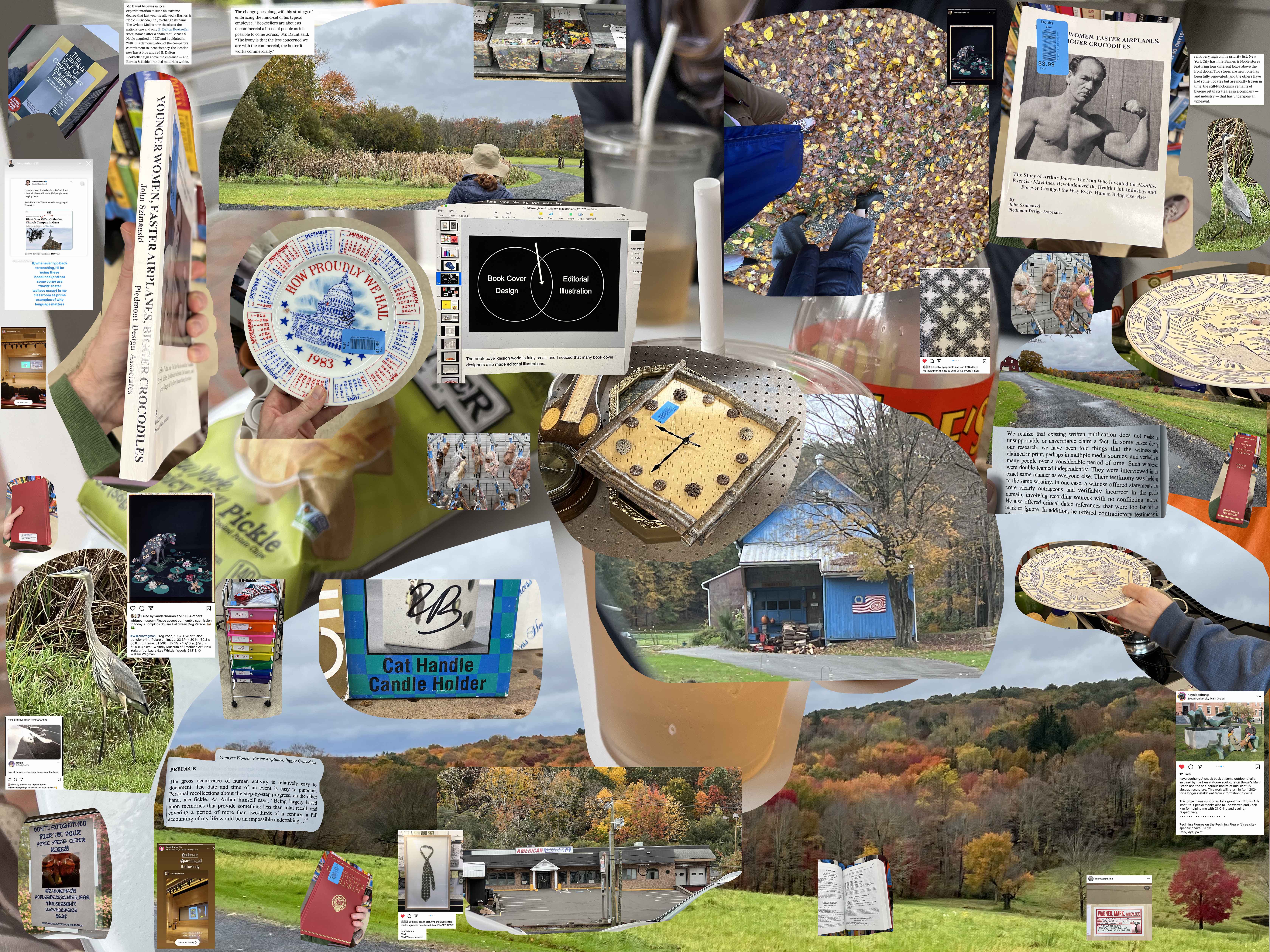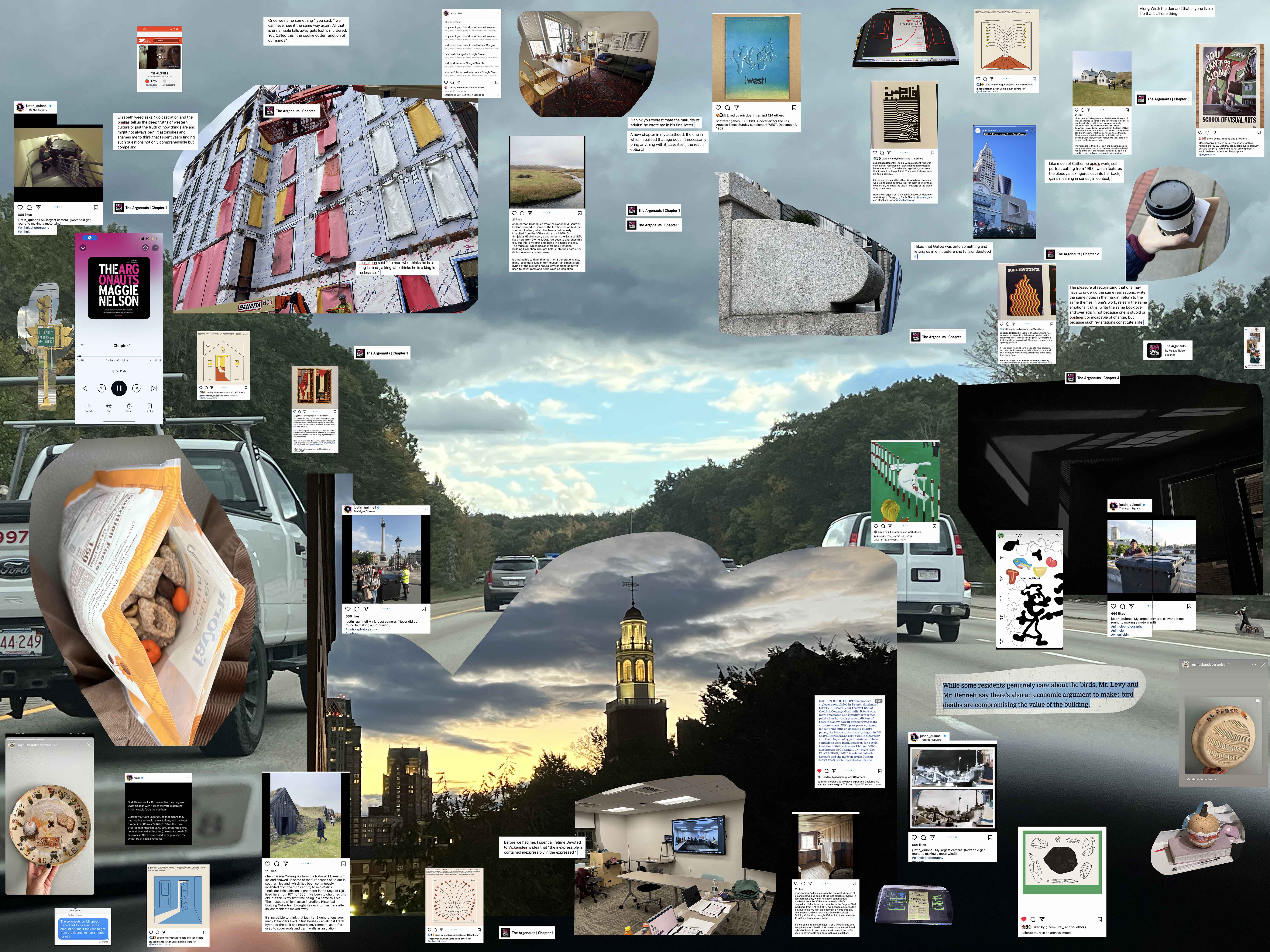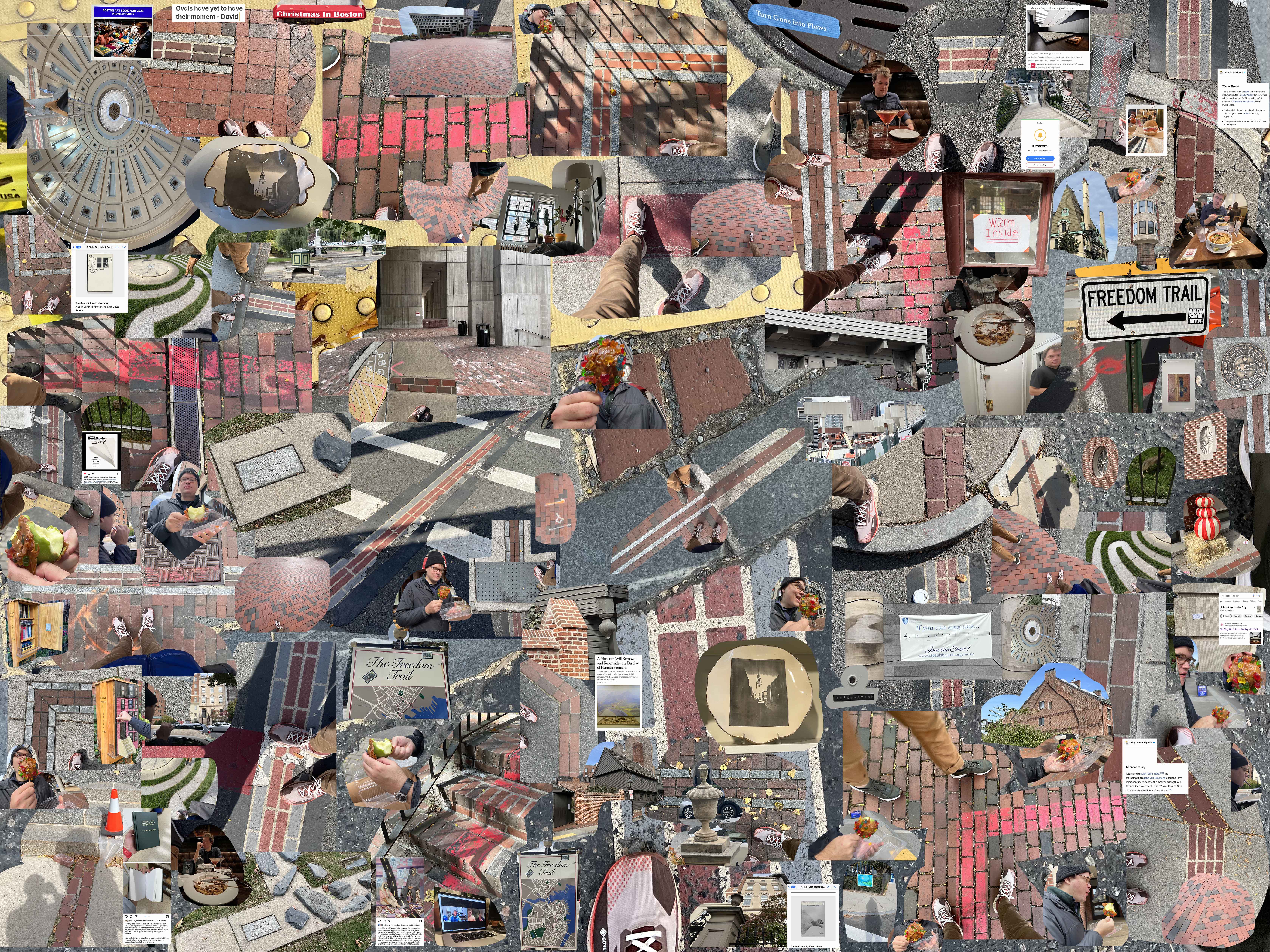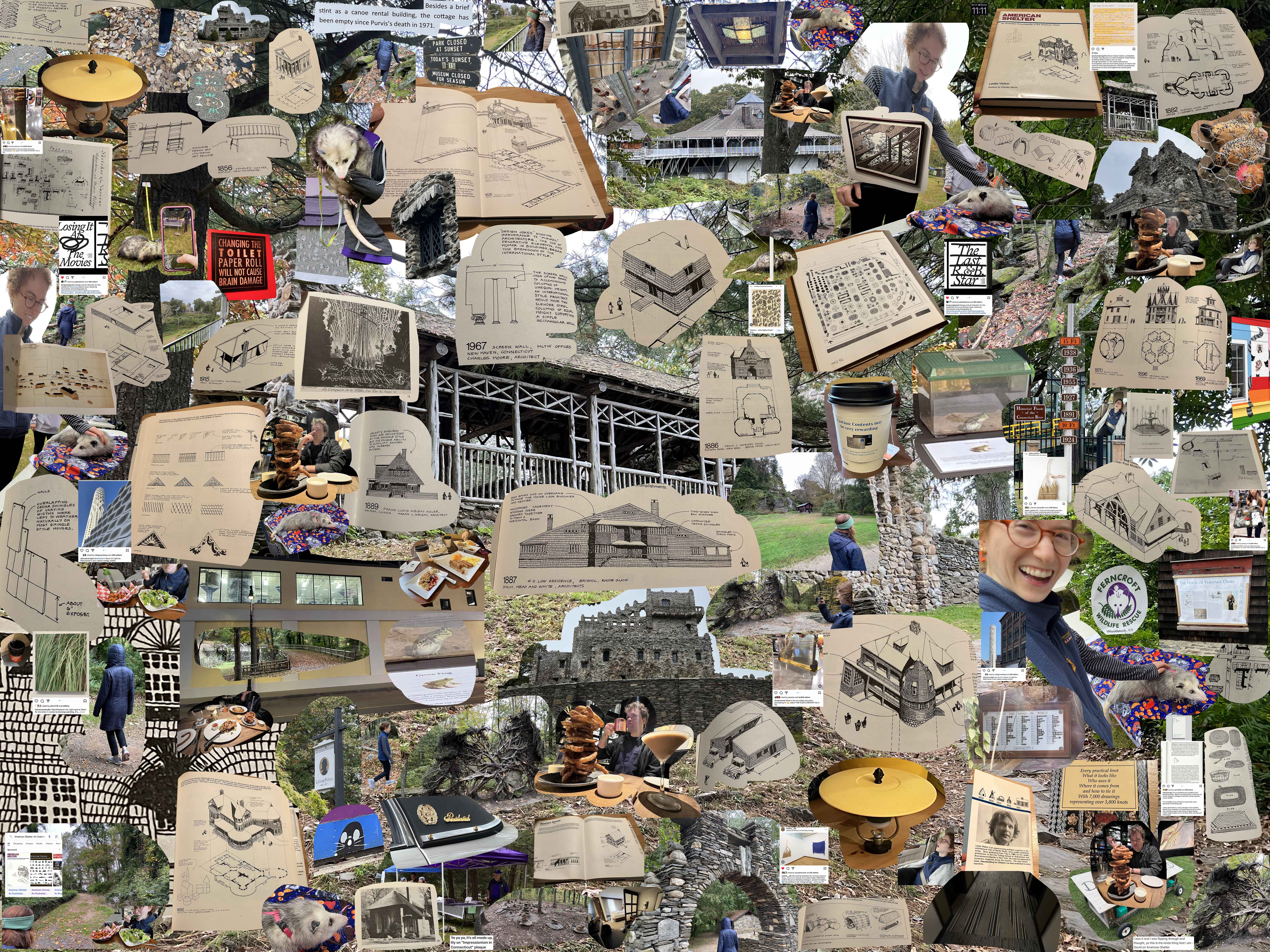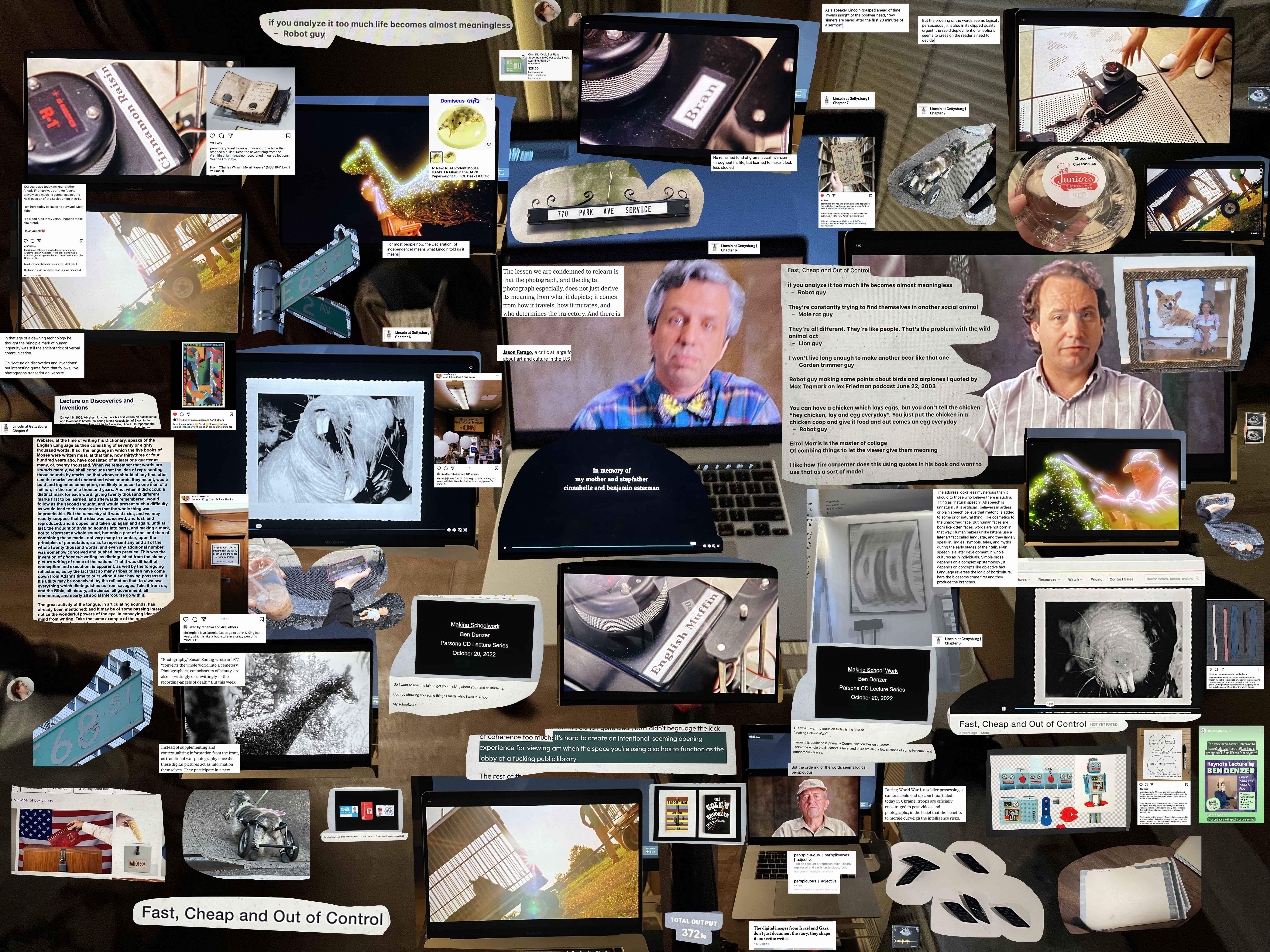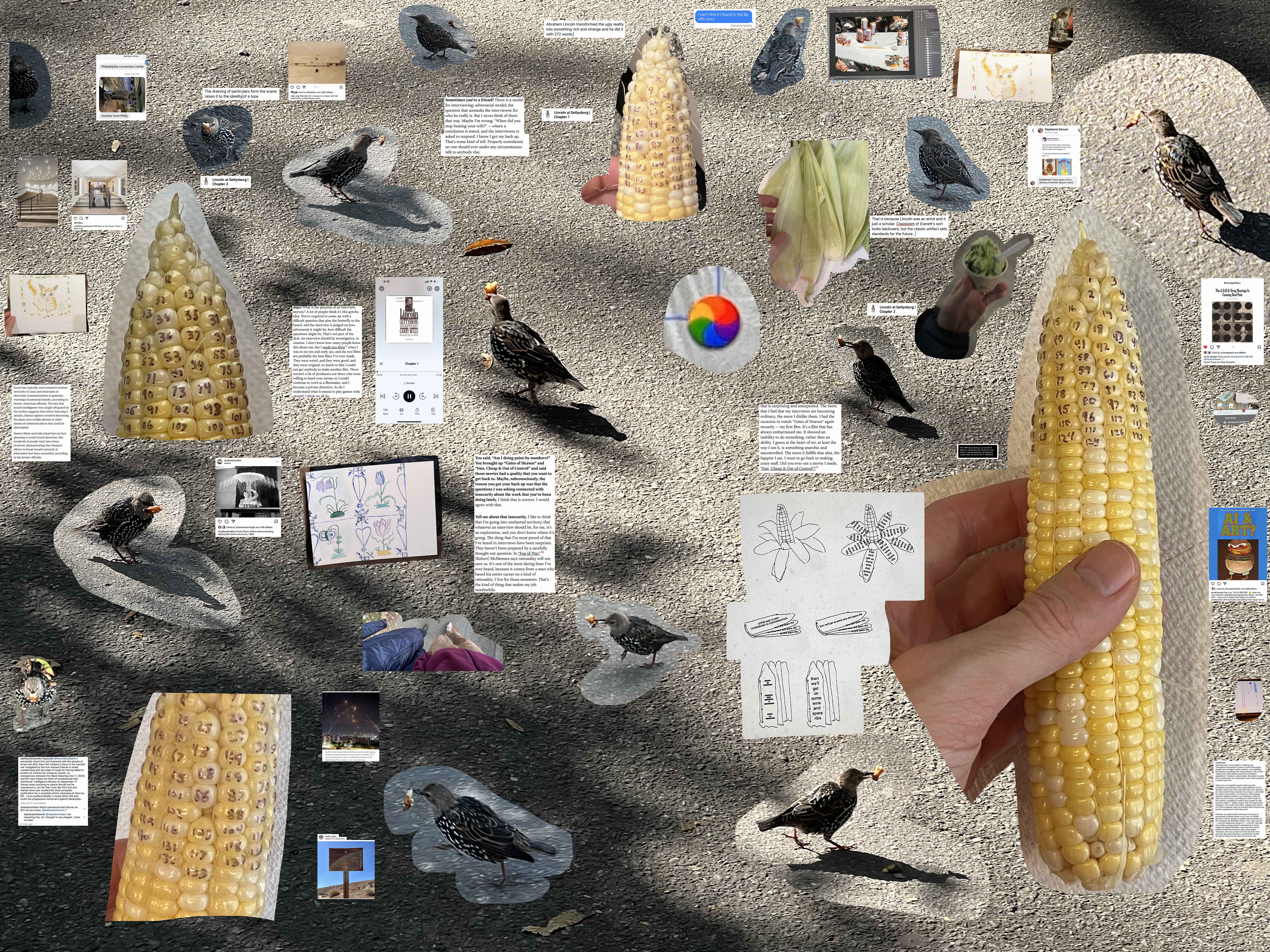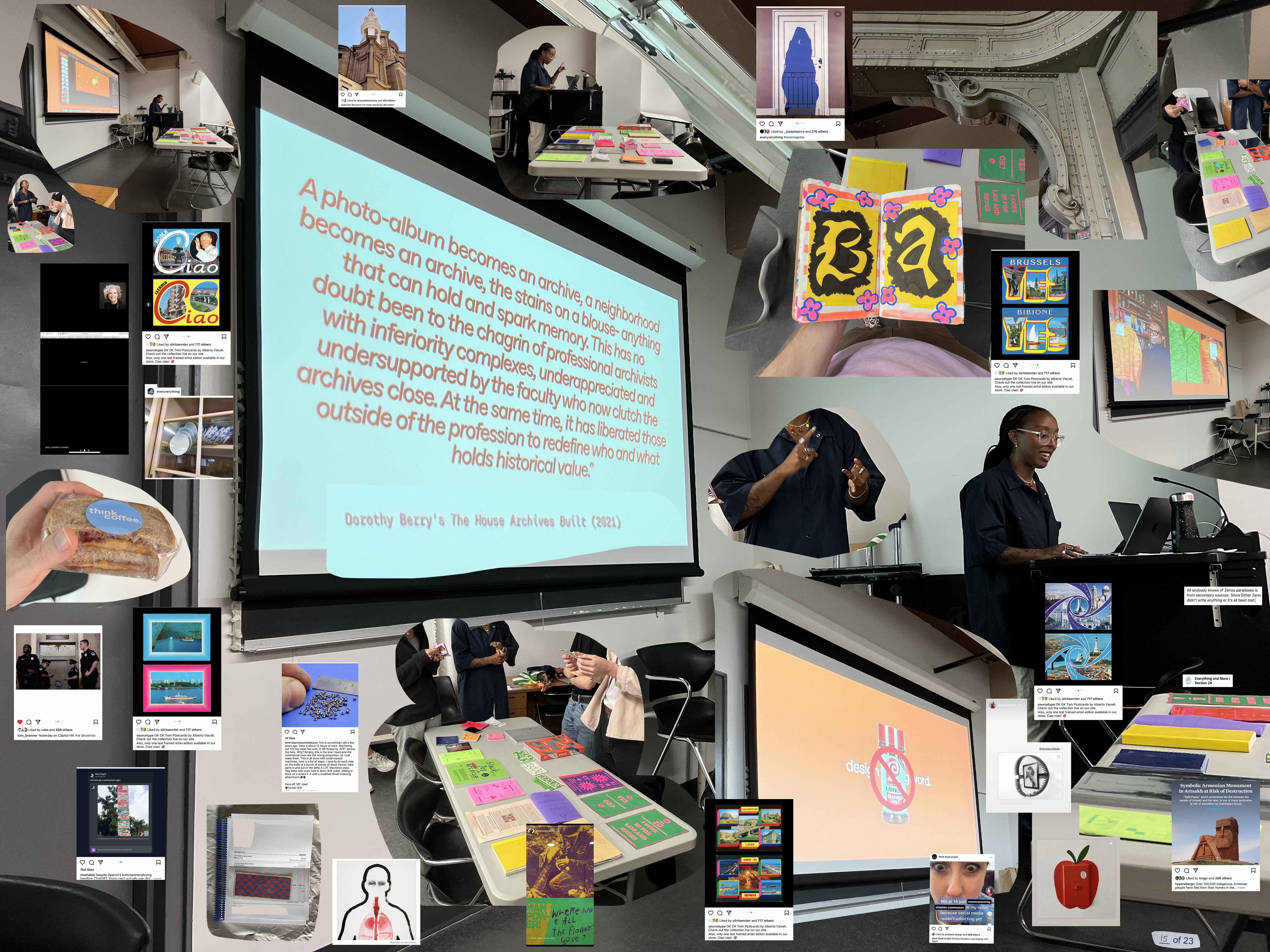Saturday, October 21, 2023
The gross occurrence of human activity is relatively easy to document. The date and time of an event is easy to pinpoint. Personal recollections about the step-by-step progress, on the other hand, are fickle. As Arthur himself says, "Being largely based upon memories that provide something less than total recall, and covering a period of my life more than two-thirds a century, a full accounting of my life would be an impossible undertaking..."
— John Szimanski, Younger Women, Faster Airplanes, Bigger Crocodiles: The Story of Arthur Jones - the Man Who Invented the Nautilus Exercise Machines, Revolutionized the Health Club Industry, and Forever Changed the Way Every Human Being Exercises
Friday, October 20, 2023
The past was always personal for Tony: during a gallery talk for the In 08:44 Out 20:16 exhibition @princetonarchitecture @drawing.matter in 2017, John Ruskin's stone collection was both a chance to reflect on the legacy of Ruskin's "Stones of Venice," and an opportunity to share the story of his own Venice journey at the age of 15--the moment he decided to pursue architecture.
— @phillipdenny
Thursday, October 19, 2023
Without the march of events that led to the Civil War, Lincoln still would have been a good man, but most likely would never have been publically recognized as a great man.
— Doris Kearns Goodwin, Team of Rivals: The Political Genius of Abraham Lincoln
Wednesday, October 18, 2023
You know, sharks existed before trees.
— Joe Rogan, "#2047 - Brian Muraresku, The Joe Rogan Experience"
Tuesday, October 17, 2023
Foster claims that Art Nouveau designers of the past "resisted the effects of industry" but "there is no such resistance in contemporary design: it delights in postindustrial technologies and is happy to sacrifice the semi-autonomy of architecture and art to the manipulations of design."
— Mr. Keedy, "Style is not a Four Letter Word"
Monday, October 16, 2023
The pleasure of recognizing that one may have to undergo the same realizations, write the same notes in the margins, return to the same themes in one's work, relearn the same emotional truths, write the same book over and over again—not because one is stupid or obstinate or incapable of change, but because such revisitations constitute a life.
— Maggie Nelson, The Argonauts
Sunday, October 15, 2023
Ovals have yet to have their moment.
— David
Saturday, October 14, 2023
I saw it and I was flipping through and thought, "Yeah this is the kind of thing that I am."
— David on Lester Walker's American Shelter
Friday, October 13, 2023
Poetry machine would be very keen and not too dificult on my spleen.
— Sid
Thursday, October 12, 2023
I won't live long enough to make another bear like that one.
— George Mendonça, Fast, Cheap & Out of Control
Wednesday, October 11, 2023
Wow, I thought. First "It's Pablo-matic," then "The Book of Hov," and now I'm going to complain about how "Creative Sources" is a haphazard collection that doesn't accomplish much but to aggrandize an already widely celebrated person? Do I just hate fun? What kind of person objects to so many things that bring people joy?
Do I simply have less of an intrinsic appreciation for the thrill of celebrity? No, I love celebrities! I just like when they do things. And as I stared down a mannequin wearing Lee's fuschia double-breasted Virgil Abloh-designed Louis Vuitton suit and Air Jordans, I wondered where Lee's own vision was, and why the exhibit around me was so unable to achieve more than displaying a hodgepodge of stuff he happens to have.
— Adlan Jackson, "Spike Lee’s Stuff Is Cool. But What Does It All Mean?," Hell Gate
Tuesday, October 10, 2023
The Address does what all great art acomplishes. Like Keats's Grecian urn, it "tease[s] us out of thought / As doth eternity."
— Garry Wills, Lincoln at Gettysburg: The Words that Remade America
Monday, October 9, 2023
Abraham Lincoln tranformed the ugly reality into something rich and strange and he did it with 272 words.
— Garry Wills, Lincoln at Gettysburg: The Words that Remade America
Sunday, October 8, 2023
I was working on an essay this morning: How is my work different than painting by numbers? Is it different? Thinking you're a fraud may be similar to thinking that you don't know what you're doing. I don't know, really, what I'm doing.
— Errol Morris, "Errol Morris Did Not Like This Q&A About His le Carré Film," The New York Times
Saturday, October 7, 2023
The image on this jacket was created by Bennett Miller, using OpenAI's DALL-E 2 software. He arrived at the final product by making extensive edits on variations of an image generated using the following prompt: "a vintage photograph of huge plumes of smoke coming from an enormous UFO crashed in the desert." Author photograph by Juliet Labatut
— Back flap of hardcover jacket for Benjamin Labatut's The Maniac
Friday, October 6, 2023
Their monuments were not pyramids, which is why they were so hard to find; they were horizontal features. But they're no less extraordinary.
— David Grann, The Lost City of Z: A Tale of Deadly Obsession in the Amazon
Thursday, October 5, 2023
When he adjourned the House by rapping the speaker’s gavel with startling force, as if trying to crush a poisonous spider.
— Robert Draper, "More Speaker Crisis Fallout: Pelosi Is Evicted From Bonus Office," The New York Times
Wednesday, October 4, 2023
All anybody knows of Zeno's Paradoxes is from secondary sources, since either Zeno didn't write anything or it's all been lost.
— David Foster Wallace, Everything and More: A Compact History of Infinity
Tuesday, October 3, 2023
A biographer wants his story to be not only interesting but literarily valuable.** In order to ensure this, the bio has to make the writer's personal life and psychic travails seem vital to his work. The idea is that we can't correctly interpret a piece of verbal art unless we know the personal and/or psychological circumstances surrounding its creation. That this is simply assumed as an axiom by many biographers is one problem; another is that the approach works a lot better on some writers than on others. It works well on Kafka -- Borges's only modern equal as an allegorist, with whom he's often compared -- because Kafka's fictions are expressionist, projective, and personal; they make artistic sense only as manifestations of Kafka's psyche. But Borges's stories are very different. They are designed primarily as metaphysical arguments+; they are dense, self-enclosed, with their own deviant logics. Above all, they are meant to be impersonal, to transcend individual consciousness -- "to be incorporated," as Borges puts it, "like the fables of Theseus or Ahasuerus, into the general memory of the species and even transcend the fame of their creator or the extinction of the language in which they were written."
— David Foster Wallace, "Borges on the Couch," The New York Times
Monday, October 2, 2023
We get to make our lives up.
— Tamara Johnson
